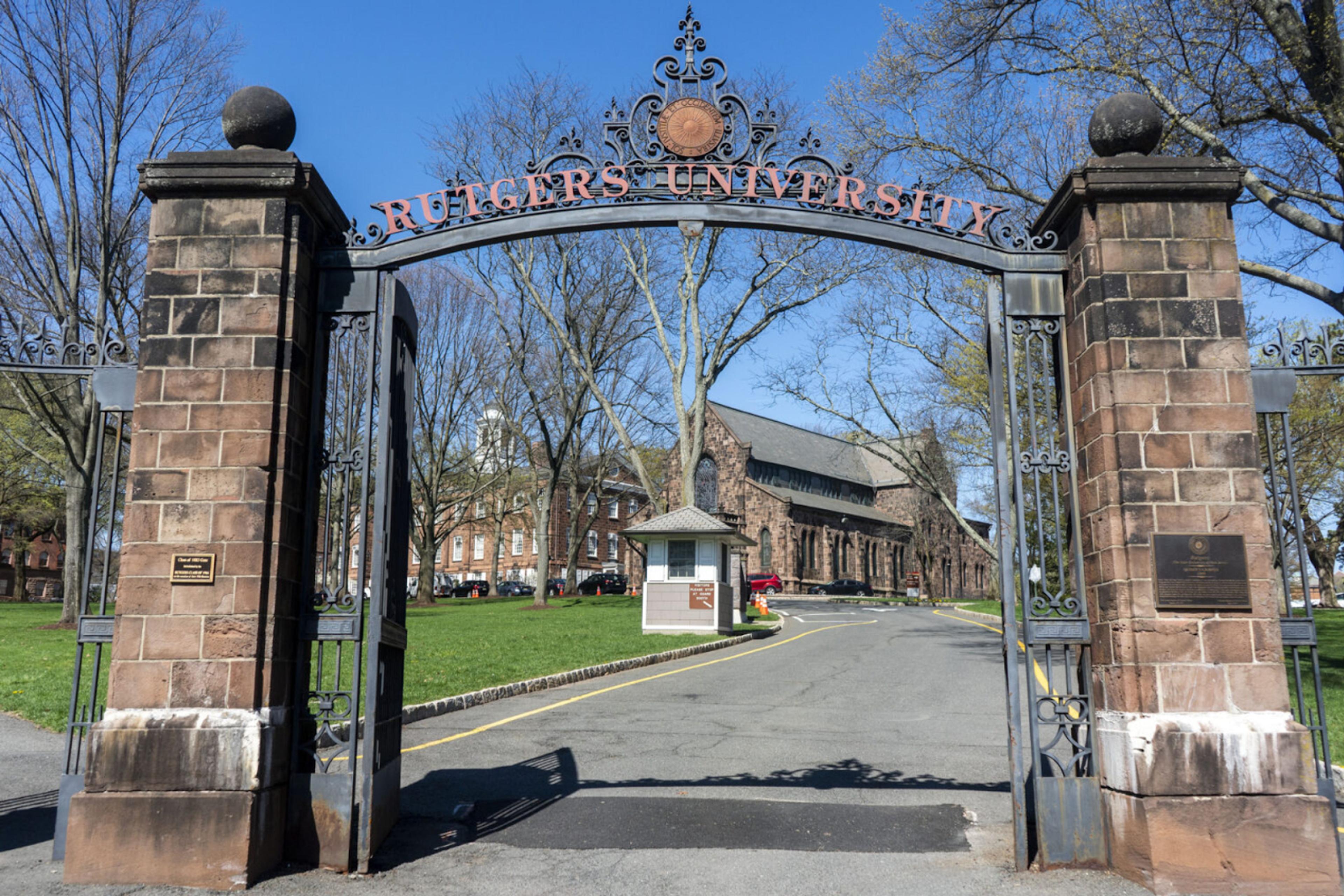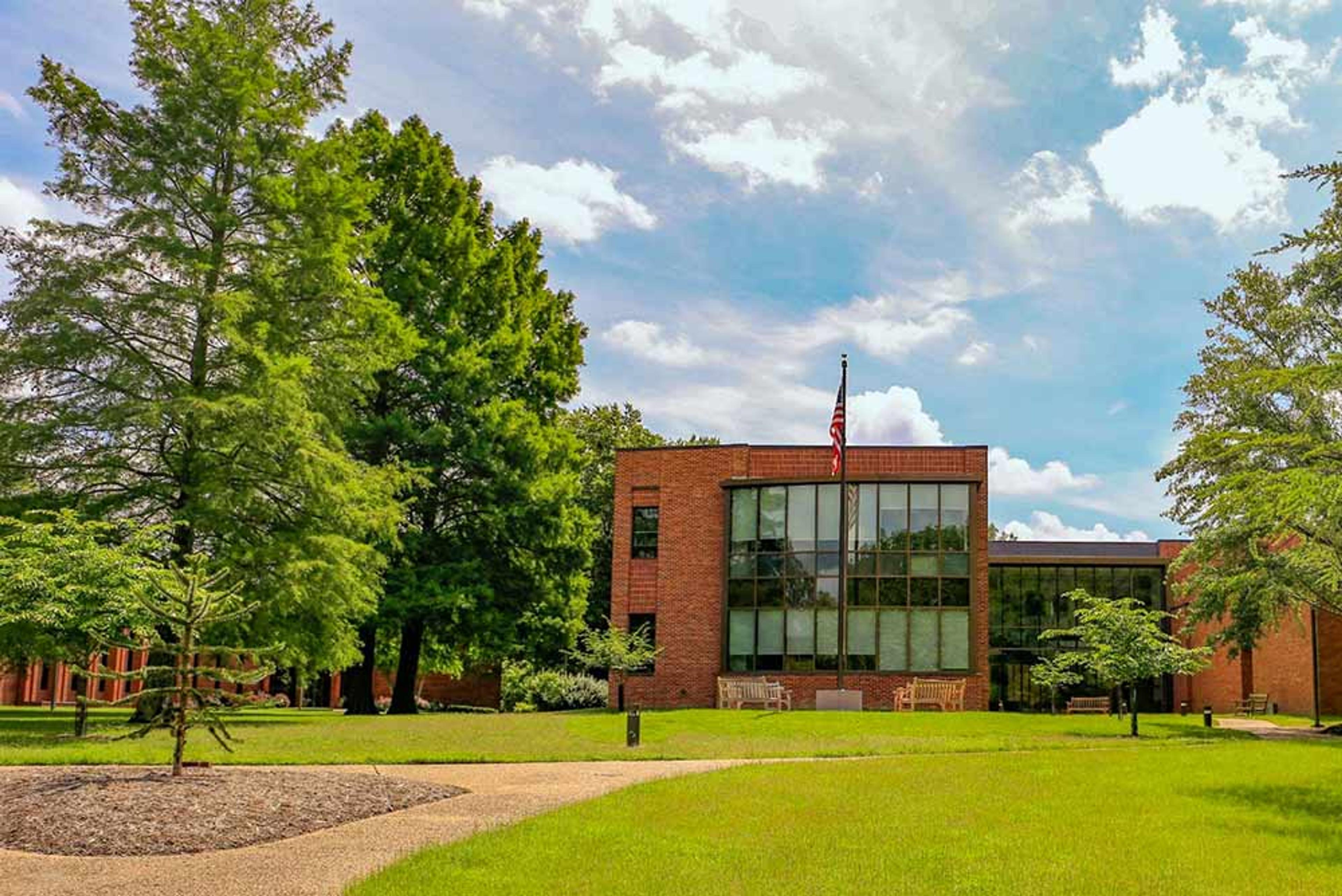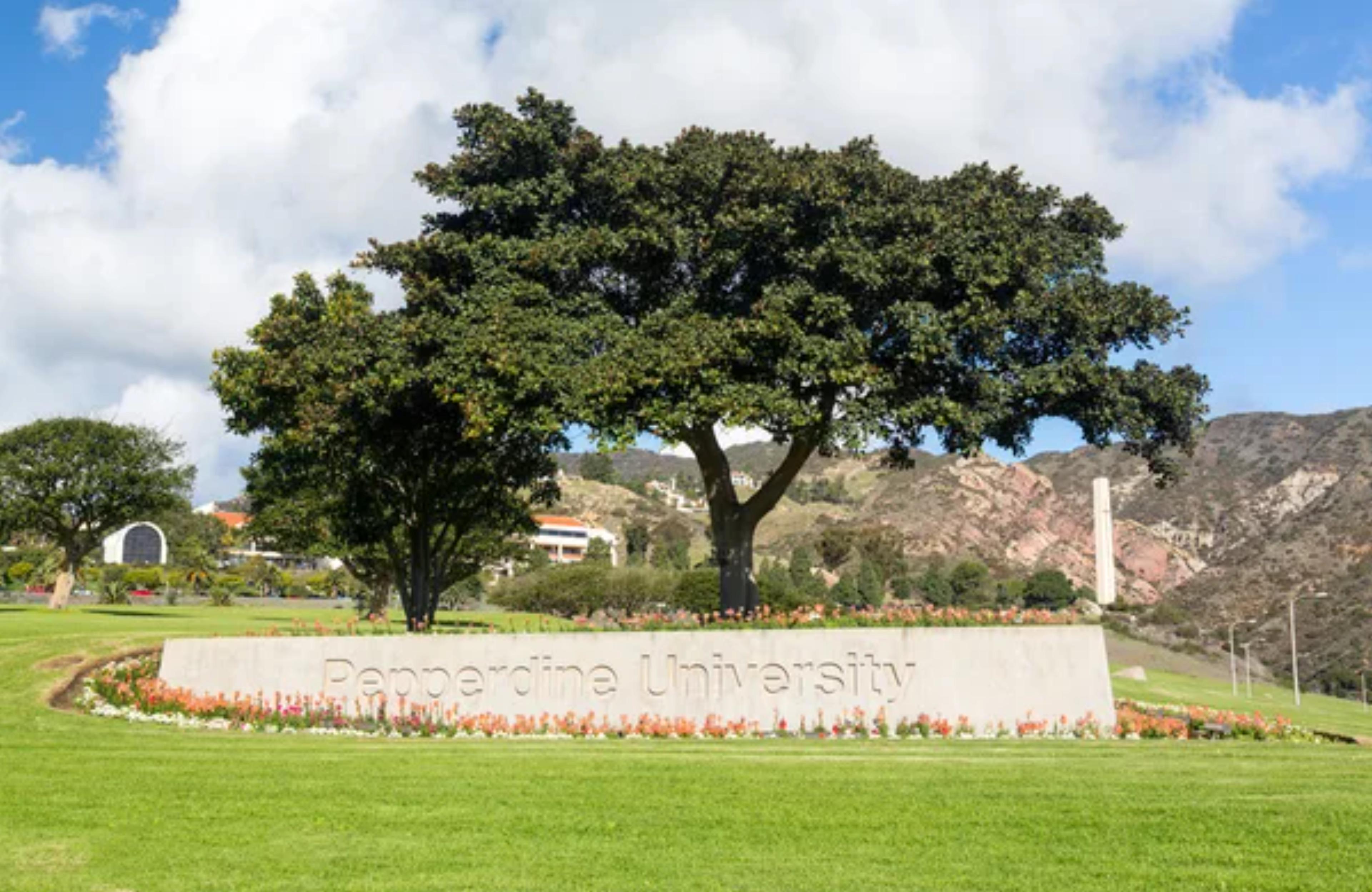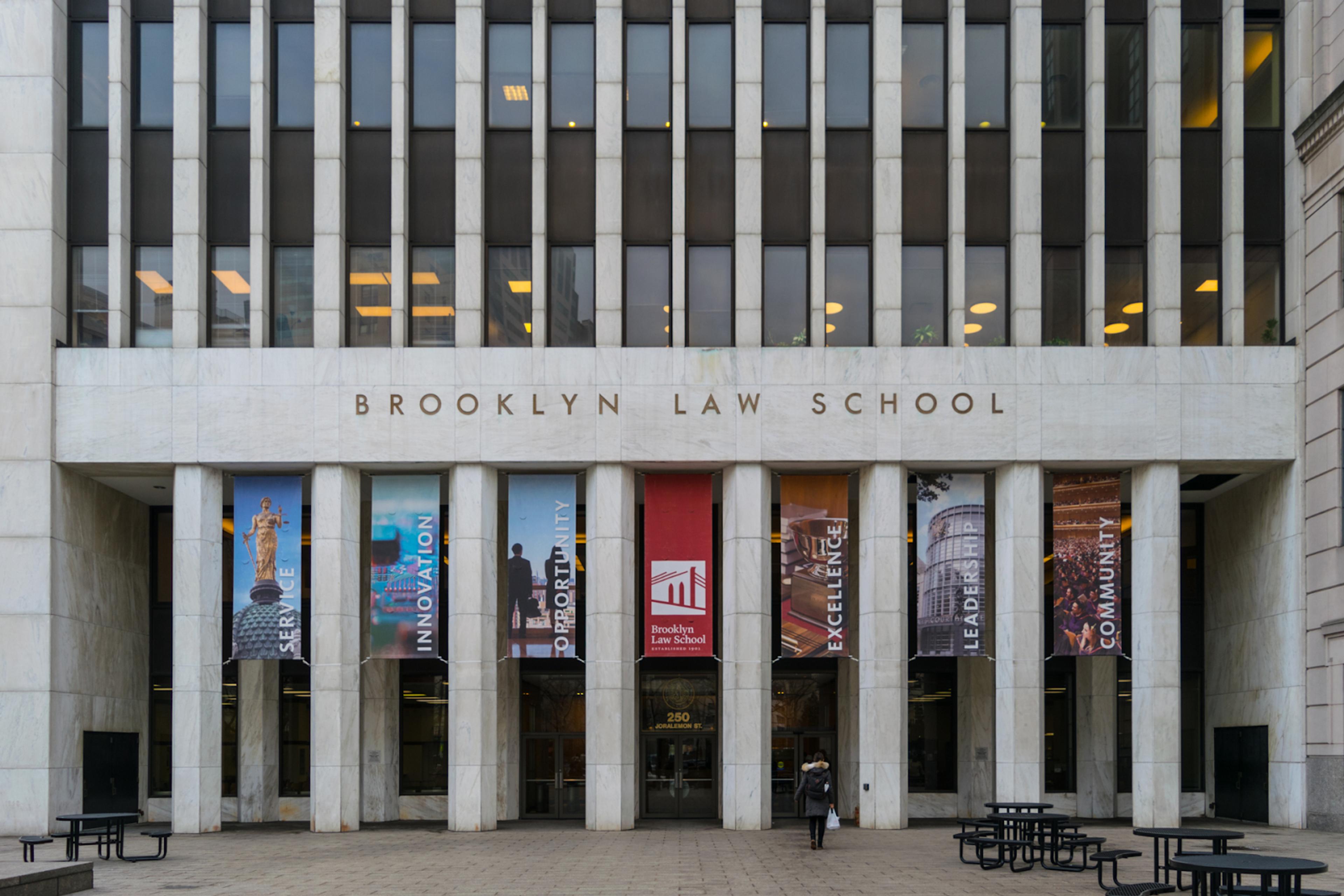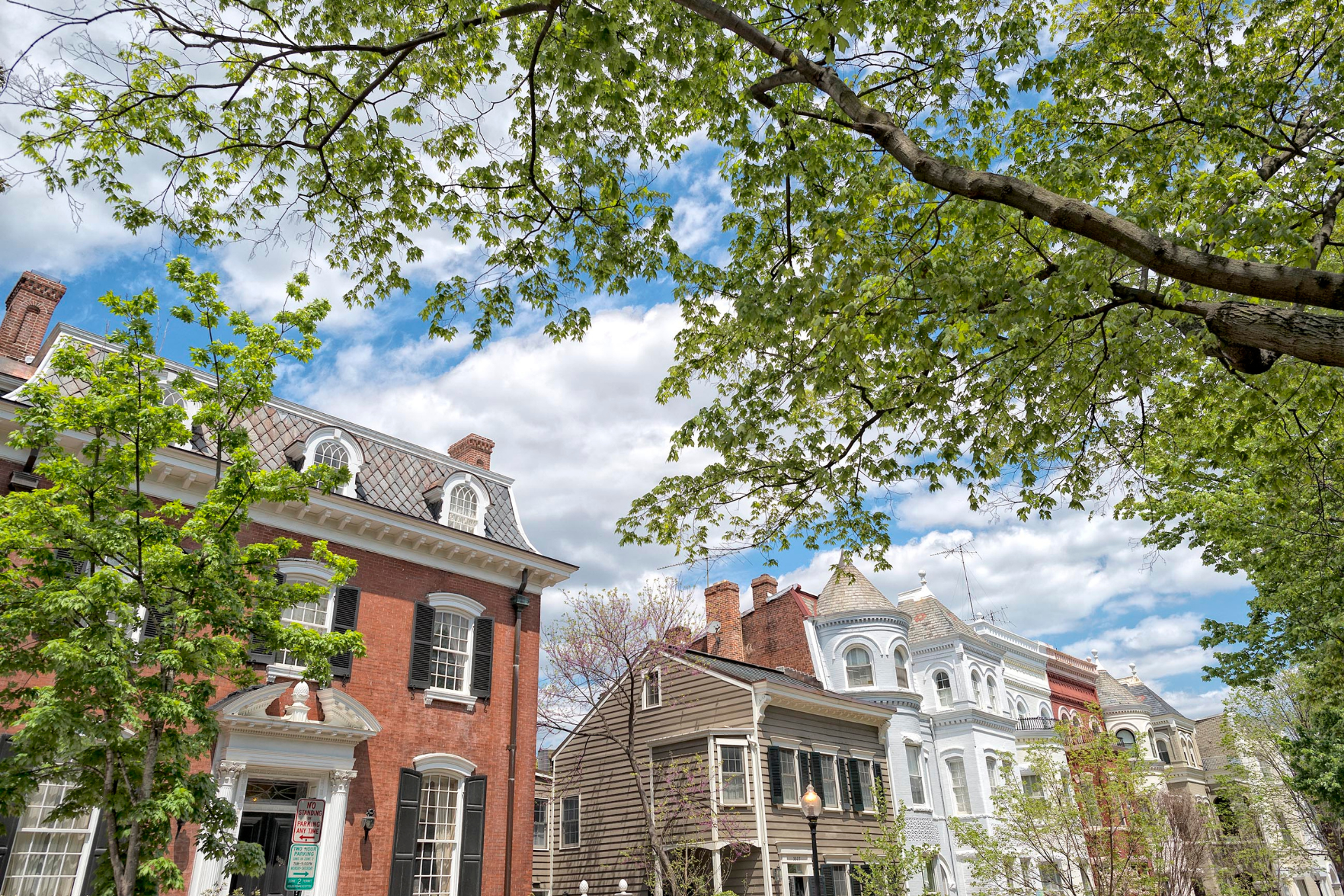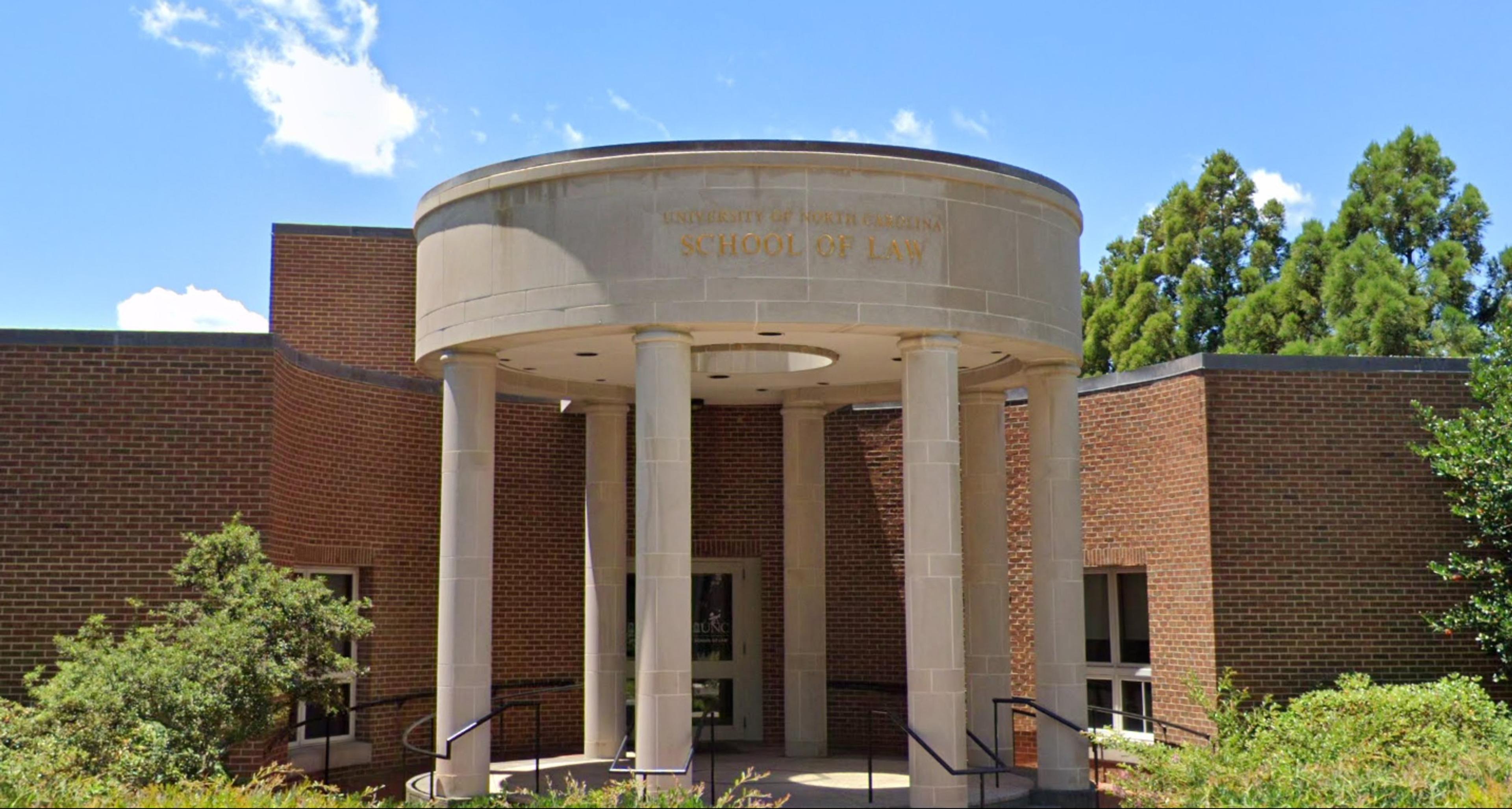How to Get Into Vermont Law School (2024-2025)
Discover how to get into Vermont Law and Graduate School (VLGS), a leader in environmental and social justice law. Learn about acceptance rates, LSAT scores, application tips, and why VLGS stands out as Vermont's premier law school.
Posted March 6, 2025
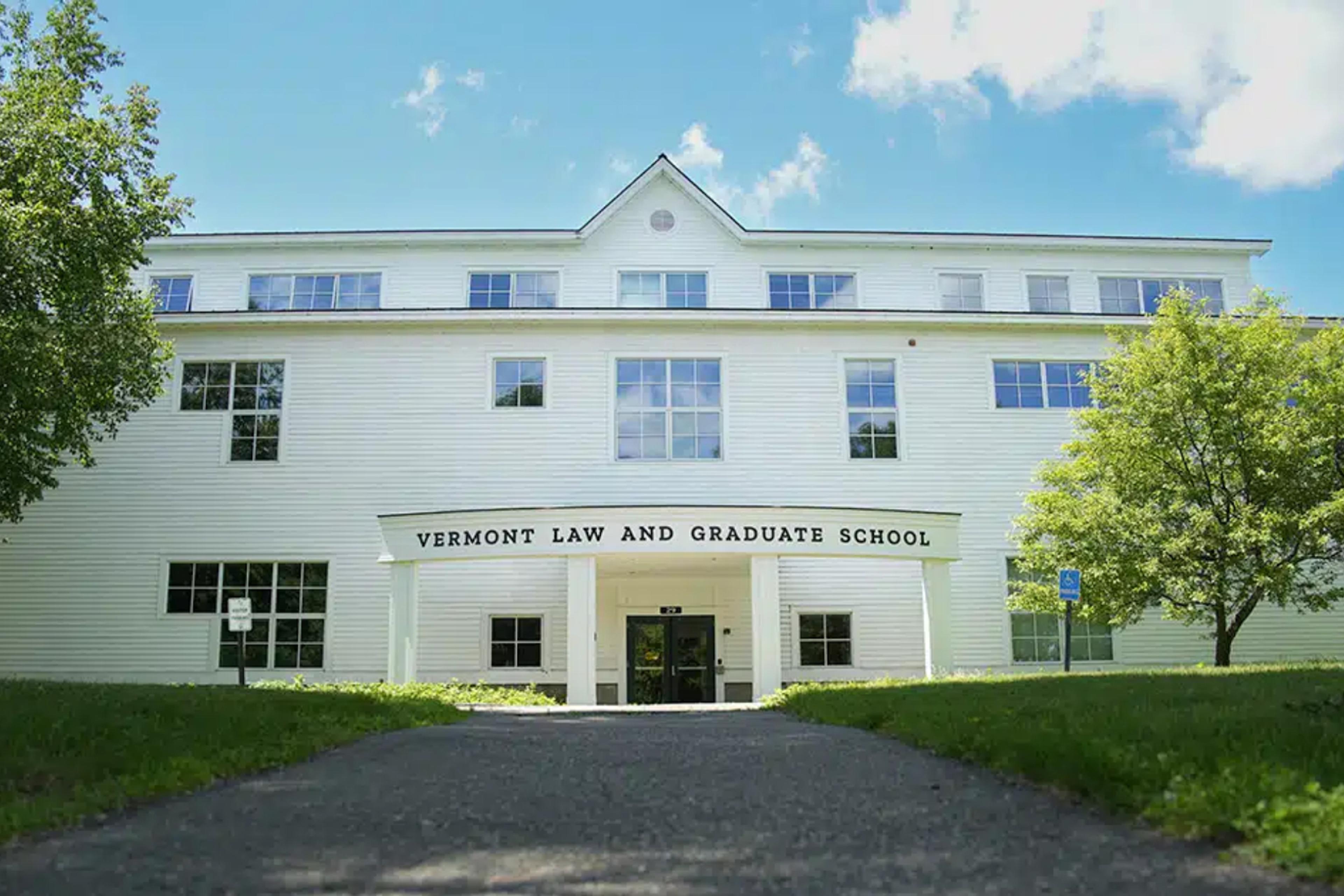
Table of Contents
Free Event

Featuring Indrani S.
Law School App Office Hours with a Former Stanford AdCom Member
Starting Thursday, April 17
11:30 PM UTC · 45 minutes

Featuring Indrani S.
How Hard Is It to Get Into Vermont Law School?
Vermont Law and Graduate School (VLGS) is a leading institution for students passionate about environmental law, social justice, and advocacy. Known for its innovative programs and commitment to creating changemakers, VLGS is highly regarded as one of the top law schools for environmental and social activism advocacy, and justice at law in the U.S.
For the 2024-2025 application cycle, prospective students will need a strong mix of academic performance, leadership experience, passion for activism advocacy, and a demonstrated passion for activism or advocacy. Admission to VLGS is competitive, especially for applicants seeking to join specialized degree options like the Environmental Justice Clinic or Animal Protection and Restorative Justice programs.
Vermont Law School Acceptance Rate Over Time
Vermont Law School's acceptance rates have varied over recent years, reflecting changes in application volume and admissions criteria. Here's an overview:
| Academic Year | Acceptance Rate |
|---|---|
| 2024 | 64.2% |
| 2022-2023 | 56.6% |
| 2021 | 65.8% |
| 2020 | 64.5% |
| 2019 | 72.7% |
These figures indicate a relatively stable acceptance rate, typically ranging between 60% and 66%. Prospective students should focus on maintaining strong academic records and demonstrating a commitment to the school's mission to enhance their chances of admission.
VLGS Acceptance Rates and Class Profile
Vermont Law and Graduate School (VLGS) is committed to fostering a diverse and inclusive community. While specific acceptance rates are not publicly disclosed, the school provides the following admissions data:
- Median GPA: 3.3
- Median LSAT Score: 151
- Class Composition:
- Women: 60%
- Students of Color: 30%
- LGBTQ+: 20%
- International Students: 10%
These figures reflect VLGS's dedication to attracting students from various backgrounds and experiences, enriching the educational environment.

Programs Offered at Vermont Law and Graduate School
Vermont Law and Graduate School (VLGS) offers a comprehensive range of programs designed to equip students with the knowledge and skills necessary for impactful careers in law, policy, and advocacy. These programs include:
- Juris Doctor (JD): A traditional law degree focusing on foundational legal principles and practical skills.
- Master of Environmental Law and Policy (MELP): Concentrates on environmental law, science, and policy, with a strong focus on environmental management.
- Master of Energy Regulation and Law (MERL): Focuses on energy law and policy.
- Master of Food and Agriculture Law and Policy (MFALP): Addresses legal and policy issues in food and agriculture.
- Master of Animal Protection Policy (MAPP): Centers on laws and policies related to animal protection.
- Master of Laws (LLM): Advanced legal studies in specialized areas such as Environmental Law, Energy Law, Food and Agriculture Law, Animal Law, and International Law.
- Dual Degree Programs: Opportunities to combine the JD with other graduate degrees, including a master's in business administration, and partnerships with institutions like the University of South Carolina and the University of South Dakota.
- Online Programs: Flexible online options for the JD, Master’s, and LLM degrees, including a highly recognized online JD program ranked by The National Jurist's preLaw Magazine, catering to students balancing professional or personal commitments.
- Clinical and Experiential Learning: Hands-on experience through clinics such as the Environmental Advocacy Clinic, Energy Clinic, and Food and Agriculture Clinic.
These graduate programs also reflect VLGS’s dedication to preparing students for leadership roles in addressing complex legal and policy challenges.
Read: The Top 10 Master of Laws (LLM) Programs
How to Apply to Vermont Law School
VLGS Application Deadlines (2024-2025)
- Priority Deadline: March 1, 2025
- Final Deadline: April 15, 2025
- Decision Notifications: Rolling admissions; typically issued within 6-8 weeks of submission.
Read: Law School Application Deadlines (T20 Programs)
VLGS Application Overview
- Application Fee: $60 (non-refundable)
- Applicants may request a need-based fee waiver through the VLGS admissions office before submitting their application.
- Standardized Test Score: VLGS accepts both the LSAT and GRE. Take either test by the application deadline. Competitive applicants typically score between 150-155 on the LSAT.
- Transcripts: Submit all undergraduate and graduate transcripts through the LSAC Credential Assembly Service (CAS).
- Letters of Recommendation: Two are required, but applicants may submit a third. At least one letter should be from an academic source.
- Resume: A one-to-two-page document summarizing your academic achievements, professional experience, leadership roles, and extracurricular involvement.
- Personal Statement: A 1-2 page essay articulating your motivation to attend VLGS, your goals, and how your experiences align with the school's mission.
- Additional Information: Optional addendum to address any gaps or unique circumstances in your application.
- Character & Fitness Questions: Responses to mandatory disclosures regarding past conduct or legal infractions.
- Interview: While not a requirement, some applicants may be invited for a Zoom interview with an admissions officer.
Eligibility
Vermont Law and Graduate School specifies the following eligibility criteria for its JD program:
All applicants must hold or expect to hold a bachelor’s degree (or international equivalent) before August of the year in which they plan to enroll. Candidates are evaluated holistically, with emphasis on academic credentials, leadership experience, and commitment to advocacy and justice.
Applicants with diverse backgrounds, particularly those with experience in environmental policy, law, social justice, or public service, are encouraged to apply. VLGS is committed to fostering a community of changemakers who align with its mission.
VLGS Written Statements
VLGS requires a personal statement that provides insight into your motivations, experiences, and alignment with the school’s focus on advocacy and justice. The statement should address:
- Why do you want to pursue legal education at VLGS?
- How did your background, experiences, or goals align with the school’s mission of advancing social justice and environmental stewardship?
Formatting Guidelines
- Length: 1-2 pages, double-spaced
- Font: 12-point, 1-inch margins
- Include your name and “Personal Statement” in the header.
VLGS Personal Statement — 3 Expert Tips
- Showcase your commitment to advocacy and justice – Vermont Law and Graduate School seeks students dedicated to making an impact in environmental law, social justice, and public policy. Use your personal statement to highlight specific examples of activism, volunteer work, or leadership roles that align with these values. For example, describe how organizing a community event to address climate change inspired your pursuit of law. Be clear about how your experiences have shaped your desire to join VLGS and contribute to its mission.
- Highlight non-traditional or underrated experiences – Don’t overlook experiences that may seem unrelated at first glance. Roles such as working part-time, managing a team, or volunteering at a local shelter can demonstrate critical skills like resilience, problem-solving, and leadership. For instance, explain how managing multiple responsibilities during your undergraduate years prepared you for the challenges of law school. VLGS values diverse perspectives and appreciates applicants who bring unique insights.
- Be authentic and professional – While personal stories can make your application memorable, ensure they are relevant and focused. For example, share how a particular challenge or experience motivated you to address issues like climate justice or animal protection through law. Avoid overly casual language or anecdotes that don’t tie directly to your professional aspirations. Show the admissions committee that you are a serious candidate with a clear vision for your future.
Common Mistake: Writing Without a Clear Connection to VLGS’s Mission
VLGS places a strong emphasis on advocacy, environmental justice, and social change. Avoid submitting a generic personal statement that could apply to any law school. Instead, research specific programs and initiatives at VLGS and explain how they align with your goals. A well-tailored statement demonstrates genuine interest and preparation.
Law School Resume
Your resume is a crucial component of your application. Follow these guidelines to make it impactful:
- Length: 1-2 pages.
- Structure: Use clear headings (Education, Experience, Skills, etc.) and bullet points.
- Focus Areas: Highlight leadership, volunteer roles, internships, or work experience related to advocacy, environmental law, or public policy.
- Quantify Achievements: Whenever possible, include metrics (e.g., “Organized community events that increased participation by 40%”).

Different Types of Applicants — Requirements for VLGS
Reapplicants
Reapplicants must demonstrate substantial progress since their previous application. Whether through higher test scores, advanced coursework, new leadership roles, or compelling professional achievements, show tangible evidence of growth. Update your personal statement and essays to reflect these improvements, and address any shortcomings from your prior application directly and constructively. A stronger, more polished narrative can significantly enhance your candidacy. Emphasize how you’ve taken proactive steps to strengthen your application and readiness for the rigor of Harvard Law School.
Expert Tip: Highlight measurable changes, such as an LSAT score increase or concrete examples of leadership and impact, to create a compelling case for your reapplication.
Community College Graduates
Harvard Law School actively seeks out applicants from non-traditional educational pathways, including community college graduates. Highlight your academic journey, focusing on your successful transfer to a four-year institution and any unique challenges you’ve overcome. Share how your experiences reflect resilience, adaptability, and a commitment to academic and professional growth. Demonstrate how these traits position you to excel in HLS’s demanding academic environment and contribute meaningfully to its diverse student body.
Expert Tip: Showcase how the lessons and skills gained through your community college experience, such as time management and resourcefulness, uniquely prepare you for success in law school.
Military Service Members
HLS values military applicants for their discipline, leadership, and service-oriented perspective. Use your application to demonstrate how your military background has shaped your decision to pursue law. Focus on specific examples of leadership under pressure, teamwork in complex environments, and mission-driven accomplishments. These experiences underscore your ability to thrive in challenging academic and professional settings. Strong letters of recommendation from commanding officers or colleagues who can vouch for your character and work ethic can be especially impactful.
Expert Tip: Connect your military experiences to your goals in law, such as leveraging your leadership skills for public service or addressing legal challenges faced by veterans.
Undocumented Students
HLS’s admissions process is inclusive of undocumented students, who are encouraged to apply without fear that their immigration status will negatively impact their candidacy. Use your application to share how your unique experiences have shaped your perspective and prepared you to succeed in law school. Highlight how overcoming systemic barriers has honed your resilience, adaptability, and dedication to making meaningful contributions. Be aware of financial aid options and resources available to undocumented students, including Harvard’s support services.
Expert Tip: Clearly articulate how your background and experiences contribute to your vision for impacting the legal field and advocating for underrepresented communities.
Transfer Students
Transfer applicants must demonstrate strong academic performance during their first year at an ABA-accredited law school. Clearly explain why you are seeking to transfer to HLS, focusing on specific resources, faculty, or programs that align with your career goals. Make a compelling case for how you will contribute to the HLS community while articulating how the school can help you achieve your professional aspirations.
Expert Tip: Avoid generic statements that highlight specific opportunities at HLS, such as clinics, research centers, or faculty expertise, that uniquely align with your goals.
International Applicants
HLS encourages international applicants who can bring global perspectives to the classroom. To strengthen your application, demonstrate familiarity with the U.S. legal system and connect your international experiences to your interest in studying at HLS. Highlight how your diverse background will enrich the academic dialogue. Additionally, ensure that you meet language proficiency requirements by submitting TOEFL or IELTS scores, and be prepared to navigate visa and immigration requirements.
Expert Tip: Tailor your personal statement to reflect how your international background and aspirations align with HLS’s mission of fostering global legal leaders.
HLS Junior Deferral Program (JDP)
The JDP allows college juniors to secure a spot at HLS while gaining professional experience before enrollment. Applicants should showcase academic excellence, leadership, and a clear vision for how the two-year deferral period will prepare them for law school. Detail your plans for this time, whether it involves gaining work experience, pursuing graduate studies, or engaging in meaningful service projects. Strong undergraduate records and a well-defined sense of purpose are critical for JDP applicants.
Expert Tip: Use your application to articulate how your deferral period aligns with your long-term career goals and how it will enhance your contribution to the HLS community.
5 Expert Tips on How to Get Into Vermont Law and Graduate School (VLGS)
1. Show How You Fit With VLGS’s Mission
Vermont Law is all about advocacy, social justice, and protecting the environment. In your personal statement, talk about how your experiences align with these values. Have you worked on a community project to protect natural resources? Do you feel passionate about legal reform for underserved populations? Share those stories. Be specific about why VLGS is the right school for you and how its programs will help you get where you want to go. VLGS has been recognized as a Top Online JD Program by the National Jurist's preLaw Magazine, which underscores its commitment to excellence.
Helpful Tip: Name-drop a specific VLGS program, like their Environmental Justice Clinic, and explain why it’s exciting to you. This shows you’ve done your homework.
2. Showcase Work and Volunteer Experience That Matters
If you’ve had hands-on experience in areas like advocacy, environmental work, or public service, this is the time to highlight it. Employers, volunteer projects, or even school-based initiatives where you took on leadership or made an impact can help make your application stronger. If you don’t have direct experience in those areas, focus on transferable skills like problem-solving or teamwork that show you can thrive in a law school setting.
Helpful Tip: Instead of listing tasks, share what you accomplished. For example, “Helped reduce food waste by 30% in my community” makes a stronger impression than “Volunteered at a food bank.”
3. Get Strong, Personal Recommendations
Recommendations can bring your application to life. Ask people who really know you professors, mentors, or supervisors to write letters that highlight your skills and potential. The more personal and specific these letters are, the better. A generic “they’re a great student” doesn’t carry as much weight as real examples of your work and character.
Helpful Tip: Help your recommenders help you. Share your resume, personal statement, and a short note about what you hope their letter will include. It’ll make their job easier and give them a clear direction.
4. Connect With VLGS Before You Apply
Take advantage of virtual tours, webinars, or info sessions. These events are great opportunities to ask questions, learn more about the programs, and show the admissions team that you’re genuinely interested. Plus, mentioning these experiences in your application can make you stand out. The VLGS Campus Virtual Tour is an excellent way to explore the campus online and gain valuable insights into the admissions process.
Helpful Tip: Write down the names of programs or faculty you learn about in these events. Referencing them in your personal statement or interview shows that you’re engaged and thoughtful.
5. Start Early and Polish Everything
Applications that feel rushed often miss the mark. Give yourself enough time to create a strong application that feels complete and intentional. Make sure every part of it your resume, personal statement, and recommendations is reviewed and refined before you hit submit. VLGS is dedicated to educating the next generation of leaders who will address social and environmental challenges.
Helpful Tip: Ask a friend or mentor to read your personal statement and resume. A fresh set of eyes can catch mistakes or suggest ways to make your story even stronger.
The Bottom Line
Vermont Law and Graduate School is a leader in legal education for those passionate about advocacy, environmental justice, and social change. By crafting a thoughtful, mission-aligned application, you can join a community of changemakers dedicated to solving today’s most pressing legal challenges.
Ready to apply? Start preparing your application now to secure your spot at VLGS for 2024-2025.
Get Expert Guidance for Your Law School Application
Need personalized help with your Vermont Law School application? Connect with a coach who has experience navigating competitive law school admissions. Explore our top-rated admissions coaches and get started today.
